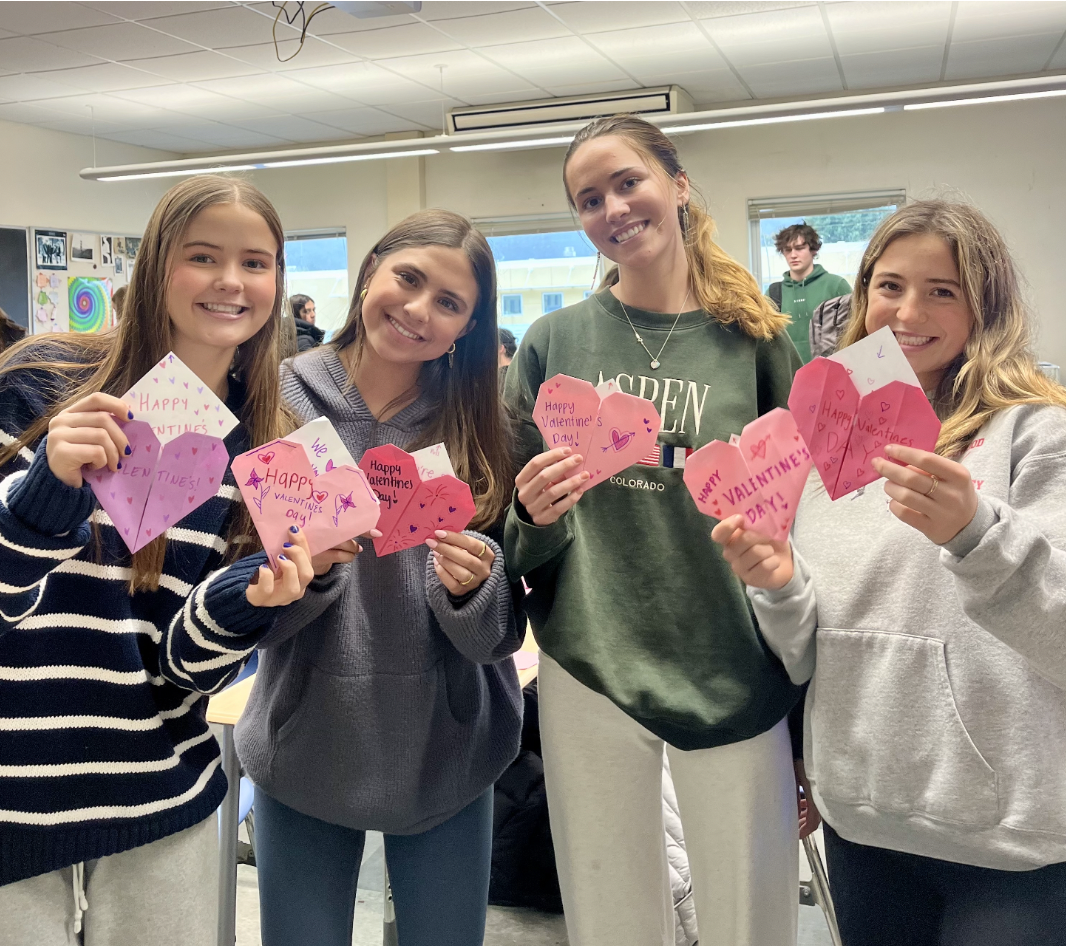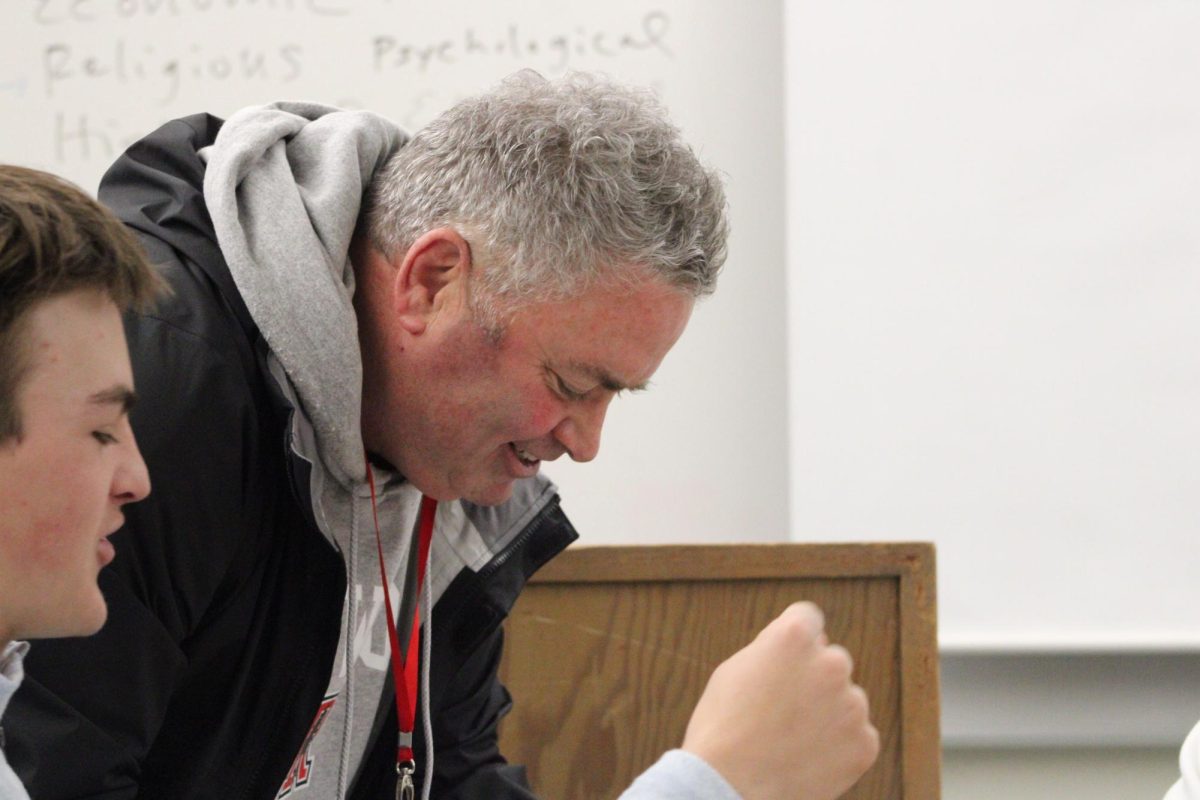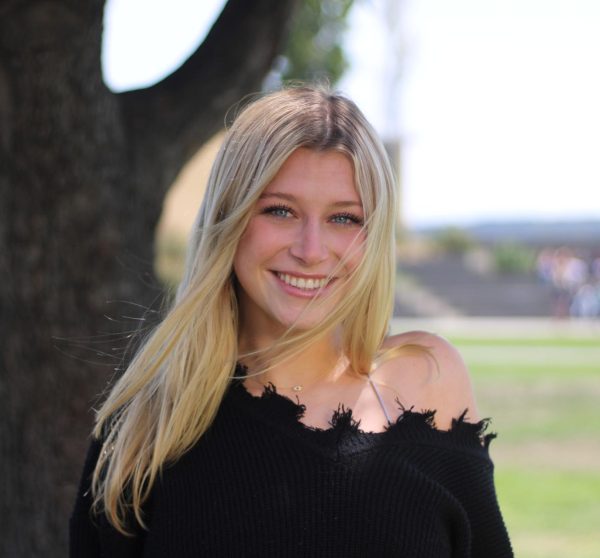On the first warm sunny weekends in Marin, families, high school kids, dogs and surfers alike all flocked to Stinson Beach to have some fun in the sun. People in Marin love the beaches and are fortunate enough to have them right in their backyards. It hits Marin residents close to home when our oceans are being polluted with plastics and waste.

The Surfrider Foundation, a nonprofit organization, works to fight these trends by conserving the coastline through its large outreach, community donations and volunteer efforts. Volunteers worldwide participate in programs like beach cleanups, the Blue Water Task Force and ocean-friendly restaurants and gardens. The organization celebrates 40 years of activism this year.
The organization is split up into chapters located in primarily coastal cities. The Marin Chapter was founded in 1998 by Scott Tye and Bill Guthrie after they learned about the work of the Surfrider Foundation in San Diego, Santa Cruz and San Francisco. Scott Tye, former lifeguard and founder of the Junior Lifeguard program at Stinson Beach, was the Marin Chapter chairman for 16 years and is now the Vice Chair.
“For years we were kind of on a beer and pretzel budget. We had $83,000 in our bank account,” Tye said.
They started very grass-roots, gaining traction and volunteers from fellow beach lovers.
“Then, we started getting these big donors…and we were no longer beer and pretzels anymore,” Tye said.
Once the organization started gaining some money and recognition, Surfrider clubs started forming in schools all over Marin, at Archie Williams, Tamalpais High School, Marin Academy, Redwood and more.
Former Redwood student, Daniela Schwartz, became interested in Surfrider in 2016 and attended chapter meetings. She described that Marin’s chapter for a long time had been run by “old surfer guys.”
“They needed a bit more youthful energy to know what’s going on and be involved with the happenings that we are more familiar with,” Schwartz said, “I’d gone to a couple of the chapter meetings, and I thought, ‘Well, I’m the youngest person here. There needs to be more young voices included in these discussions.’”
This motivated Schwartz to start a club at Redwood when she was a sophomore.
“It was a really great way to create a group of like-minded individuals who wanted to protect the ocean. It got us involved in activity in Marin, outside of just Redwood…it was a good first step into the environmental space,” Schwartz said.
Unfortunately, COVID-19 caused a significant decrease in individuals in the club when Schwartz was at Redwood.
“There was a moment where it was thriving and everyone was really involved, but then after COVID, it was hard to start that up again,” Schwartz said, “I think it’s a great outlet for students to expand their horizon on what environmentalism can look like.”

The freshman leadership class chose to partner with Surfrider as their non-profit organization for the year. Freshman Jane Scheuring is a leadership student who takes on a big role in managing Surfrider communication and planning the beach clean-ups for the class.
“I pushed really hard for Surfrider [when we were choosing our non-profit] because it’s super easy to get involved with and it’s a really good organization,” Scheuring said.
Similar to what Schwartz touched on, Tye said the most rewarding part of the chapter was the increase in youth involvement, such as that of Scheuring.
“We had our monthly meeting in March of 2020. There were 20 people at the meeting, and 14 of them were high school kids…I’m an old guy, we used to be just a group of surfer old guys. To have 14 people from four different high schools show up was incredible. It was like, ‘We’ve succeeded, we’ve engaged the next generation,’” Tye said.
Currently, the Marin Chapter has about 600 members. They are focusing on big blue sea walls, pollution, coastal armoring and educating people on sea level rise and water testing. Not only that, but they lobby for certain regulations that would prevent the degradation of the beaches and work with Tye to organize frequent beach clean-ups.
“[The clubs are] really just symbolic. It’s to make you feel good. And it’s to show that you have an impact, but it will never stop the flow,” Tye said.



!["I knew I wanted to be a writer. I wasn't a good student [at Redwood], but I wanted to be a writer, and I wanted to paint. I'm self-taught in all of it, which gave me an original voice," Paige Peterson said. (Photo courtesy of Paige Peterson’s website).](https://redwoodbark.org/wp-content/uploads/2025/02/ppeterson.png)



